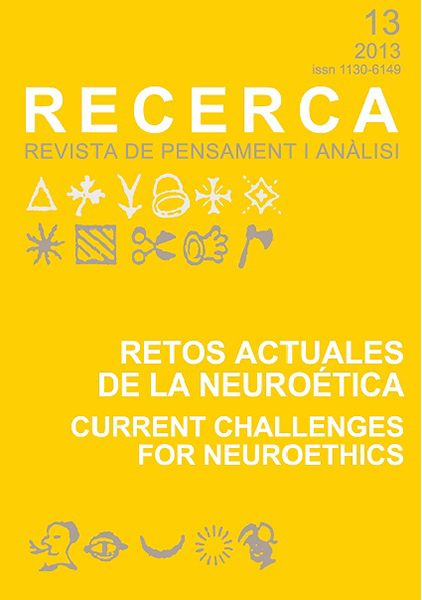On the normative implications of social neuroscience
Contenido principal del artículo
Resumen
Within the last decades, brain science has been offering new insights into the relationship among diverse psychological processes and the neural correlates of our moral thought and behavior. Despite the distinction between the explanatory/descriptive nature of science and the normative nature of morality, some neuroethicists have claimed that neuroscientific findings have normative implications. In this paper, I identify three interpretations of the claim.
The first focuses on neuroscience’s role in explaining the origin of morality and of moral values and how neurobiology is the bases of moral behavior. A second version is about the role that neuroscientific knowledge can play in showing the psychological plausibility of the moral psychology underlying some ethical approaches. Finally, a third version advances that neuroscience could play a role in determining the moral plausibility of some normative approaches.
My aim is to delineate each version and highlight the issues raised to suggest that while neuroscience might provide information regarding the nature of moral reasoning, its role in the normative discussion itself is still quite limited.


